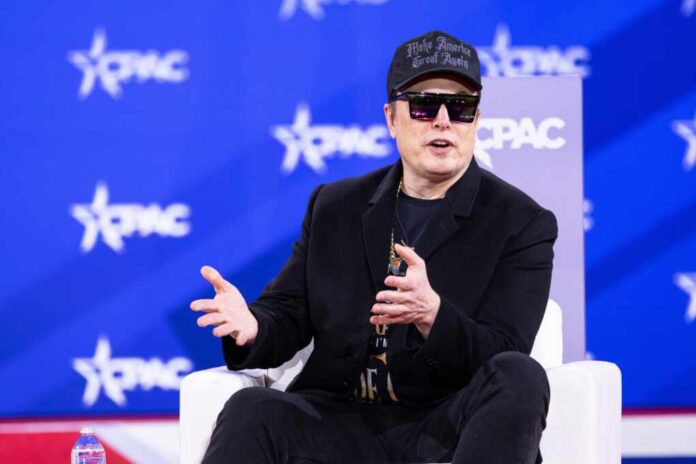
Tesla shareholders face an ultimatum with threats of CEO departure while demanding unprecedented compensation that could dilute shareholder value by over $100 billion.
Story Snapshot
- Tesla board chair warns Elon Musk may leave if shareholders reject his $1 trillion compensation package at November vote
- Combined 2025 compensation totals $113.9 billion in estimated fair value, representing the largest executive pay package in U.S. corporate history
- Package requires Tesla to grow by $7.5 trillion in market capitalization, a massive escalation from 2018’s $600 billion target
- Delaware court previously struck down Musk’s 2018 pay deal, though shareholders ratified it again in 2024
Board Issues Corporate Ultimatum
Tesla board chair Robyn Denholm sent a letter to shareholders on October 27, 2025, framing the upcoming vote as a binary choice between retaining Musk or watching him walk away. Denholm asked shareholders directly whether they want to “retain Elon as Tesla’s CEO and motivate him to drive Tesla to become the leading provider of autonomous solutions and the most valuable company in the world.” This represents corporate governance at its most concerning—a board essentially threatening shareholders into approval rather than making a compelling business case. The tactic creates artificial urgency around what should be a thoughtful evaluation of whether any executive justifies compensation exceeding the GDP of most nations.
Watch: Tesla board chair asks shareholders to approve Elon Musk’s $1 trillion pay package – YouTube
Unprecedented Compensation Scale Raises Red Flags
The proposed package combines an $87.8 billion main award with a $26.1 billion “interim” award granted in August 2025, totaling $113.9 billion in estimated fair value. This dwarfs any previous executive compensation in American corporate history. While performance-based pay aligns executive incentives with shareholder interests in principle, the absolute magnitude raises legitimate questions about dilution and opportunity cost. Tesla shareholders must weigh whether this compensation structure truly serves their interests or simply transfers wealth from existing shareholders to management. The $7.5 trillion market capitalization growth target sounds ambitious, but shareholders should ask whether Musk needs this specific compensation structure to pursue that goal or if it represents extractive rent-seeking.
Legal Battle History Signals Governance Problems
This compensation saga stems from Musk’s 2018 pay package, which a Delaware Chancery Court rescinded in January 2024 after ruling that Tesla shareholders weren’t fully informed during the original approval process. The court’s decision highlighted serious corporate governance failures regarding board independence and disclosure requirements. Tesla shareholders responded by ratifying the 2018 award a second time in 2024, demonstrating support despite legal concerns. However, the court’s findings about inadequate disclosure should give shareholders pause about whether the current proposal suffers from similar transparency problems.
Shareholder Dilemma Reflects Broken Governance Model
Tesla shareholders face a November vote on this package with limited good options. Approval sets a dangerous precedent that rewards boards for making threats rather than building sustainable leadership structures. Rejection risks immediate stock volatility and uncertainty about Tesla’s direction during critical autonomous vehicle development. Equilar’s Courtney Yu noted the award “is bound to be controversial and possibly challenged in the courts,” while acknowledging it “stands a good chance of receiving approval” given last year’s ratification vote. Shareholders deserve better than being held hostage by their own board.
Sources:
Tesla risks losing CEO Musk if $1 trillion pay package not approved, board chair says
The Trillion Dollar Man: Comparing Musk’s 2018 Pay Plan to His Latest Tesla Award

























